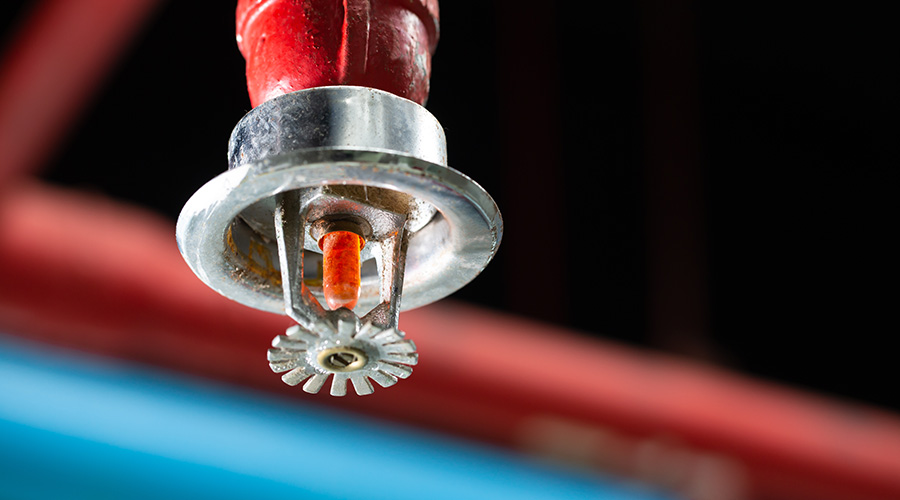Managing indoor air quality in long-term care facilities can be complicated because older adults are more susceptible to the effects of airborne pollutants, according to an article on the McKnight's website.
In many case, HEPA filters are adequate for controlling dust and pollen in indoor air. But standard HEPA filters cannot capture VOCs, nor are they suited for controlling odors.
To remove odors and chemically reactive gases, HEPA air purifiers combine HEPA technology with additional filtration systems, including carbon and potassium iodide media.
The American Society of Healthcare Engineers recommends that filters in resident care, treatment and support areas in assisted living facilities have a minimum efficiency reporting value (MERV) rating of at least seven.

 Fire Protection in Healthcare: Why Active and Passive Systems Must Work as One
Fire Protection in Healthcare: Why Active and Passive Systems Must Work as One Cleveland Clinic Hits Key Milestones for Palm Beach County Expansion
Cleveland Clinic Hits Key Milestones for Palm Beach County Expansion Emanuel Medical Center Caught Up in Data Breach
Emanuel Medical Center Caught Up in Data Breach Assisted Living Facility Violated Safety Standards: OSHA
Assisted Living Facility Violated Safety Standards: OSHA McCarthy Completes Construction of Citizens Health Hospital in Kansas
McCarthy Completes Construction of Citizens Health Hospital in Kansas